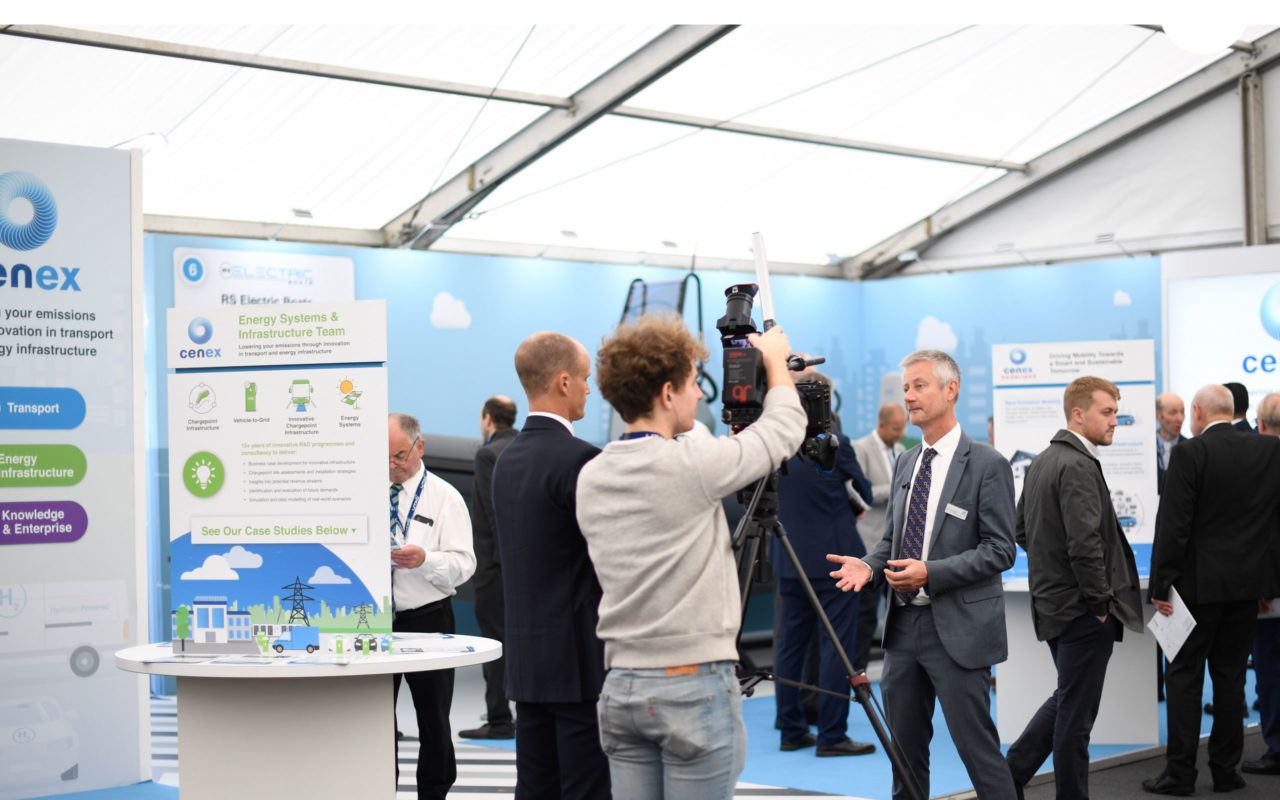
- Category:
- News
Cenex to develop Feasibility Study for Ultra Low Emission Taxi’s in Greater Manchester
Loughborough, UK – 16 February 2016
Cenex is helping Transport for Greater Manchester (TfGM) develop a feasibility study regarding the rollout of Ultra Low Emission Taxi’s in Manchester. Greater Manchester will be submitting the feasibility study to the Office for Low Emission Vehicles (OLEV) in late February, with the hope of securing some of the £20m funding available.
It was announced in April 2014 that OLEV would make at least £20m available for an ultra low emission Taxi Scheme, which will be awarded to four or five cities. Open to local authorities, and available UK-wide, the scheme will provide funding for the infrastructure needed to support rollout of ultra low emission taxis in each region, which could be used by both taxis and private hire vehicles, depending on local requirements. The aim of the scheme is to increase the uptake of ultra low emission taxis, encourage the use of ULEVs as private hire vehicles, improve air quality in urban areas, encourage investment in the UK automotive industry and to influence the uptake of ultra low emission passenger cars.
In February, Cenex, alongside feasibility study partners JMP Consultants Ltd, hosted a Breakfast Briefing to bring together the key industry figures, operators and decision makers from across the Greater Manchester area to discuss the opportunities TfGM has in terms of addressing air quality issues using the OLEV funding. With 2.7 million people living in Greater Manchester, it is the fastest growing city region outside of London. Taxi and private hire services are the only transport modes that run 24/7, 365 days a year and are a major contribution to Greater Manchester’s night-time economy which is worth millions. Cenex is currently working with TfGM to determine the feasibility of implementing low carbon vehicles within taxi, hackney and private hire fleets.
Robert Evans, CEO of Cenex said, “We are pleased to be working with Transport for Greater Manchester to determine the feasibility and demand for implementing low carbon vehicles into its taxi and private hire fleets. Tackling the issue of air quality begins at a local level and we are delighted to see such passion and commitment from one of the UK’s largest regions.”